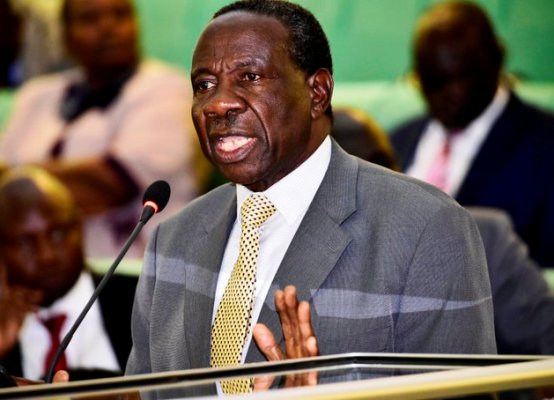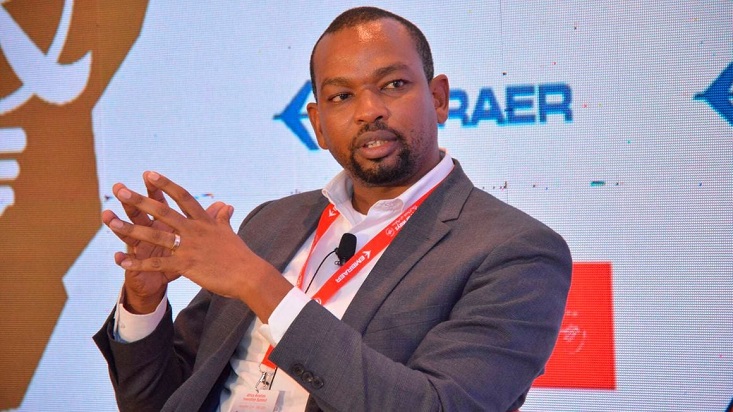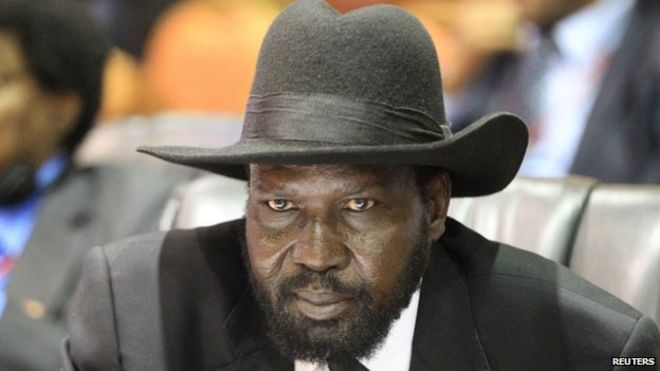Uganda’s Minister of Finance, Planning and Economic Development, Matia Kasaija (pictured) has revealed that Uganda has already applied for US$200 million (about Shs761.7bn) loan from the International Monetary Fund (IMF) and World Bank as a result of low revenues collected.
The Minister made the remarks during Thursday’s plenary sitting.
“Our economy is now under great pressure because we are not getting the taxes we expected. The World Bank and IMF have opened up a credit facility and we have already applied for US$200 million (about Shs761.7bn,” Kasaija said.
Uganda’s low tax revenue collections have been compounded by the outbreak of the COVID-19 pandemic that requires more resources to fight the deadly disease.
“I
will need your wisdom [Members of Parliament] on how we will get revenue; we
are now not getting taxes and the treasury is getting shortages while we pass
expenditures, we should also be mindful where we will get the support,” he
said.
Government, he added, will also ensure Shs400b it recently borrowed from private
banks is returned in the next Financial Year to improve cash flow and liquidity
in the economy.
“We want to offload money back into the private sector by taking back the money
government had borrowed from private banks; in the next budget, Shs400b will be
given to push liquidity,” he said.
Auctioning of properties of loan defaulters, said Kasaija, will be halted while
the Covid-19 pandemic persists.
He said no auction of properties will happen, and that the interest rates will
be capped and frozen.
Patrick Kiconco Katabaazi, the Executive Director at The Centre for Budget and Tax Policy (CBTP) welcomed government’s move to borrow from IMF and World Bank, saying: “We support government’s effort to borrow from IMF/World bank .This is part of the recommendations we had made to Ministry of Finance .However we implore government to commit borrowed funds on a stimulus package for vulnerable communities, workers ,informal sector workers and l business enterprises.”
Uganda fuel reserves wanting
Presenting a statement on the impact of COVID-19 on the economy, Kasilo county lawmaker, Elijah Okupa said government should ensure that there are adequate fuel reserves to mitigate the looming rise in the cost of transport owing to the fact that transport cost feeds into most business transactions especially food.
He noted that Uganda’s fuel reserves in Jinja and Nakasongola can only serve the country for six days in case the border with Kenya was closed due to COVID-19.
“Government should work with the private sector to devise practical ways of ensuring timely payment of taxes. For defaulters, extension of tax payment deadlines and relaxation of penalties should be considered in order to achieve a low incidence of tax arrears,” Okupa said.






